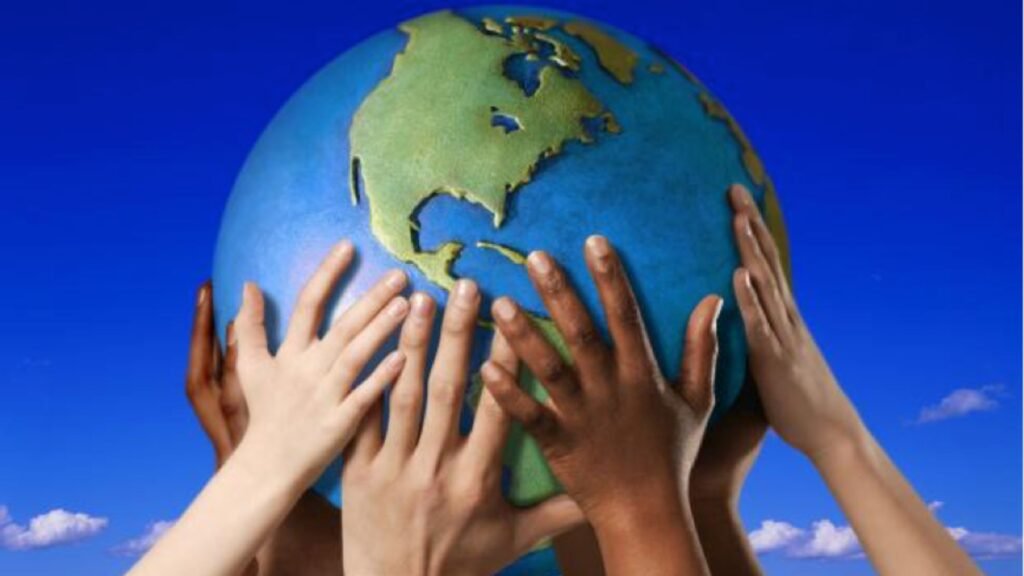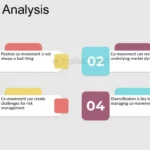Human Rights and Global Justice
Human rights and global justice are closely linked concepts that play a crucial role in promoting fairness and equality around the world. Understanding how these two ideas intersect helps us work towards a more just and equitable society. This blog post will explore the relationship between human rights and global justice, highlighting their significance, the challenges involved, and how they contribute to creating a fairer world.

Understanding Human Rights and Global Justice
Human rights and universal justice are fundamental to ensuring that everyone, regardless of their background, can live with dignity and respect. Here’s a closer look at these concepts:
What Are Human Rights?
- Definition: Human rights are the basic rights and freedoms that every person is entitled to, simply because they are human. These rights include the right to life, freedom of speech, and protection from discrimination.
- Global Agreement: The Universal Declaration of Human Rights, adopted by the United Nations in 1948, sets out these rights and serves as a global standard for human dignity.
What Is Global Justice?
- Definition: Global justice refers to the fair and equitable treatment of all people, regardless of where they live. It involves addressing inequalities and injustices that affect people on a global scale.
- Focus Areas: Key areas include addressing poverty, ensuring access to education and healthcare, and promoting fair economic practices. Global justice seeks to create a world where everyone has equal opportunities and rights.
The Connection Between Human Rights and Global Justice
Human rights and global justice are interconnected in several important ways:
1. Equality and Fairness
- Human Rights as a Foundation: Human rights provide the foundation for global justice by defining the basic standards of equality and fairness that all people should experience.
- Addressing Inequality: Global justice builds on these human rights principles to address systemic inequalities and ensure that everyone has access to the same opportunities and protections.
2. Protecting Vulnerable Groups
- Human Rights Protections: Human rights laws protect individuals from abuses and discrimination, particularly for vulnerable groups such as women, children, and refugees.
- Global Justice Efforts: Global justice efforts focus on eliminating practices that harm these groups and ensuring that their rights are upheld and respected worldwide.
3. Promoting Peace and Security
- Role of Human Rights: Human rights play a crucial role in promoting peace and security by fostering respect for the rule of law and protecting individuals from violence and oppression.
- Global Justice Initiatives: Global justice initiatives aim to prevent conflicts and resolve disputes through diplomatic and humanitarian efforts, supporting a stable and just international community.
Challenges in Achieving Human Rights and Global Justice
Despite their importance, achieving human rights and universal justice faces several challenges:
1. Ongoing Inequality
- Economic Disparities: Economic inequalities persist around the world, with many people lacking access to basic needs such as food, clean water, and healthcare.
- Efforts Needed: Addressing these disparities requires global cooperation and targeted efforts to ensure that resources are distributed fairly and that economic systems promote equity.
2. Conflicts and Violence
- Impact on Rights: Conflicts and violence often lead to human rights abuses, including displacement, loss of life, and violations of personal freedoms.
- Global Response: Addressing these issues involves both immediate humanitarian aid and long-term efforts to resolve conflicts and support post-conflict recovery.
3. Political and Legal Barriers
- Resistance to Change: Some governments and institutions may resist changes that promote human rights and global justice, due to political or economic interests.
- Advocacy and Reform: Overcoming these barriers requires strong advocacy, legal reforms, and international pressure to ensure that human rights are respected and global justice is pursued.
How to Support Human Rights and Global Justice
Everyone can contribute to advancing human rights and universal justice through various actions:
1. Advocacy and Awareness
- Raise Awareness: Educating others about human rights and global justice issues helps to build support and drive positive change.
- Support Organizations: Many organizations work to promote human rights and global justice. Supporting these groups through donations, volunteering, or advocacy can make a significant impact.
2. Policy and Legislation
- Support Fair Policies: Advocating for and supporting policies that protect human rights and promote global justice can help address systemic issues and ensure fair treatment for all.
- Engage in Politics: Engaging in political processes and supporting leaders who prioritize human rights and justice can drive meaningful change at local and global levels.
3. Education and Empowerment
- Educate Yourself: Learning about human rights and global justice issues helps you understand their importance and the actions needed to support them.
- Empower Others: Empowering individuals and communities through education and resources can help them advocate for their own rights and work towards global justice.
Conclusion
In conclusion, human rights and universal justice are essential for creating a fair and equitable world. By understanding their connection and addressing the challenges that hinder progress, we can work towards ensuring that everyone enjoys the rights and opportunities they deserve. Through advocacy, policy support, and education, we can contribute to advancing these fundamental principles and promoting a more just and inclusive global community.


